Innovators in the resin realm often get a bad rap for prioritizing functionality over recyclability. But according to one bioplastics executive, end-of-life is still top-of-mind for many companies developing cutting-edge materials.

Innovators in the resin realm often get a bad rap for prioritizing functionality over recyclability. But according to one bioplastics executive, end-of-life is still top-of-mind for many companies developing cutting-edge materials.
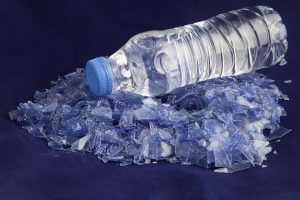 Two equipment companies will demonstrate an inline system capable of taking PET bottle flake through to sheet.
Two equipment companies will demonstrate an inline system capable of taking PET bottle flake through to sheet.
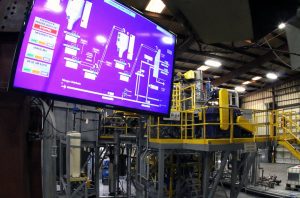
The facility of Tigard, Ore.-based Agilyx, which processes polystyrene and recently entered a partnership with virgin plastics maker Ineos Styrolution.
Major prime plastics producers have recently made moves to embrace cutting-edge recycling technologies, including applying depolymerization to challenging plastics streams.
 Swedish apparel giant H&M last year saw a notable drop in its consumption of recovered PET for polyester applications. But the company did report progress on marine debris, depolymerization and other initiatives.
Swedish apparel giant H&M last year saw a notable drop in its consumption of recovered PET for polyester applications. But the company did report progress on marine debris, depolymerization and other initiatives.
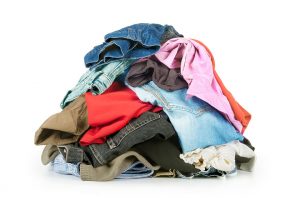 A company using enzymes to break down PET into its components has successfully applied its technology to textiles.
A company using enzymes to break down PET into its components has successfully applied its technology to textiles.
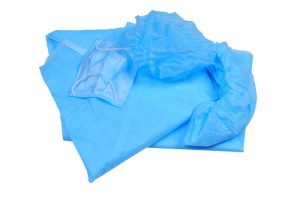 Researchers will use compatibilizers to determine what kind of properties they can achieve when recycling multi-material flexible plastics from hospitals. Their work will help determine recycling options for a substantial portion of the health care plastics waste stream.
Researchers will use compatibilizers to determine what kind of properties they can achieve when recycling multi-material flexible plastics from hospitals. Their work will help determine recycling options for a substantial portion of the health care plastics waste stream.
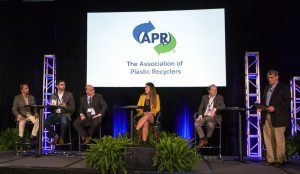 A robotic sorting system, PET packaging breakthrough and melt filter advancement took the limelight in this year’s Plastics Recycling Showcase.
A robotic sorting system, PET packaging breakthrough and melt filter advancement took the limelight in this year’s Plastics Recycling Showcase.
 Companies around the world are working to develop recyclable multi-layer packaging, and some of it is now appearing on store shelves.
Companies around the world are working to develop recyclable multi-layer packaging, and some of it is now appearing on store shelves.
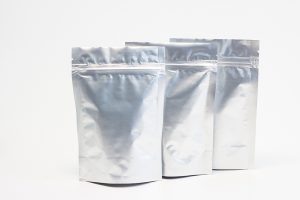 A project in the European Union seeks to replace aluminum and other barrier materials in multi-layer films with recyclable bio-derived polymer coatings.
A project in the European Union seeks to replace aluminum and other barrier materials in multi-layer films with recyclable bio-derived polymer coatings.
 A PE-PP compatibilizer breakthrough snags an award, and a company launches a NIR sorter identification testing service.
A PE-PP compatibilizer breakthrough snags an award, and a company launches a NIR sorter identification testing service.
